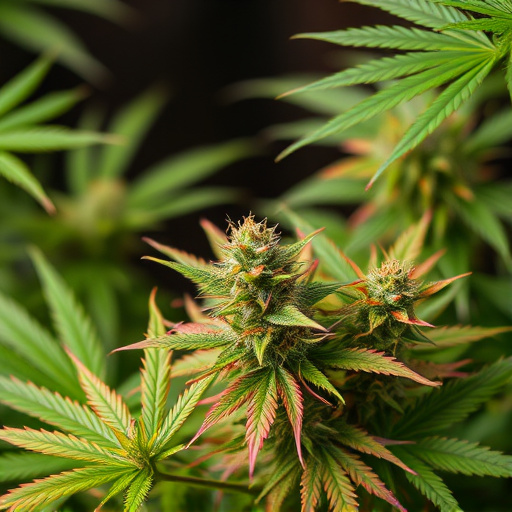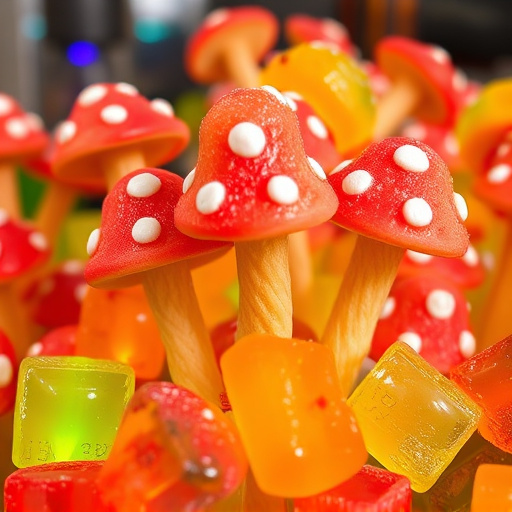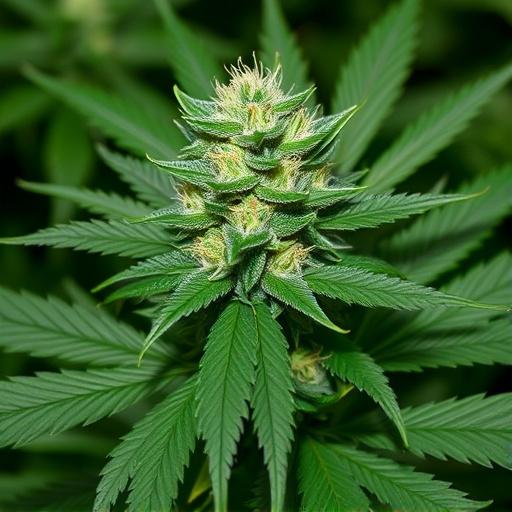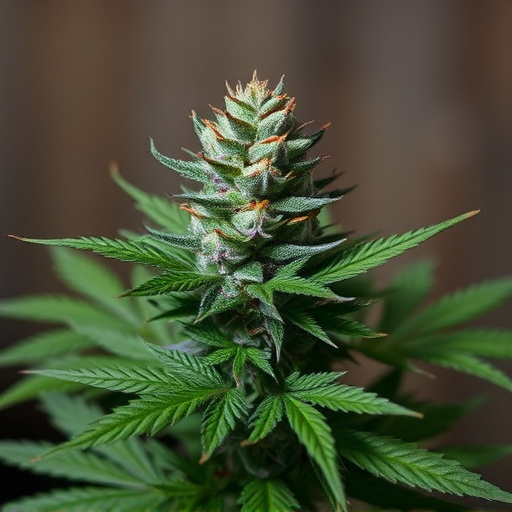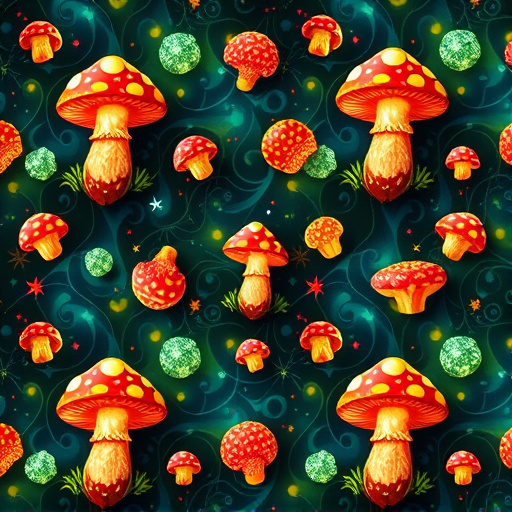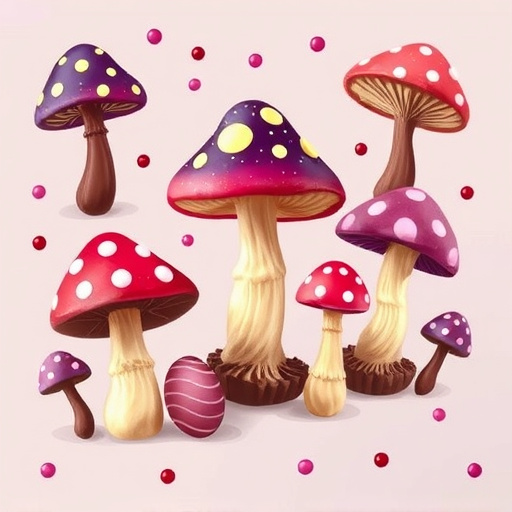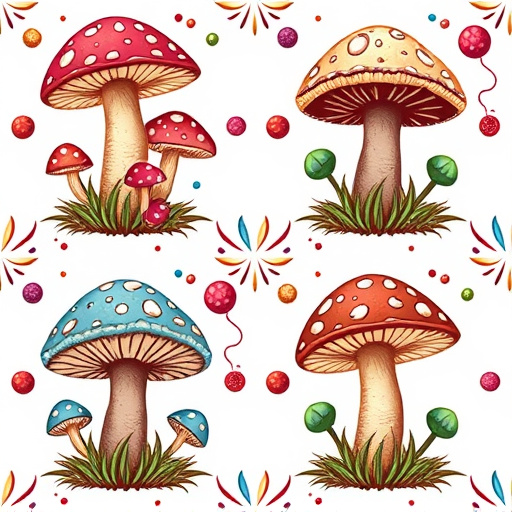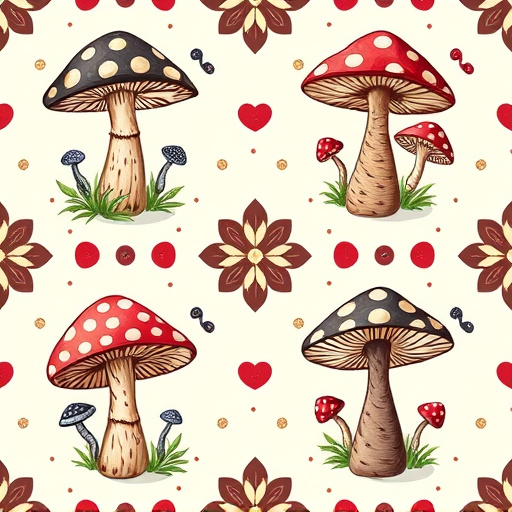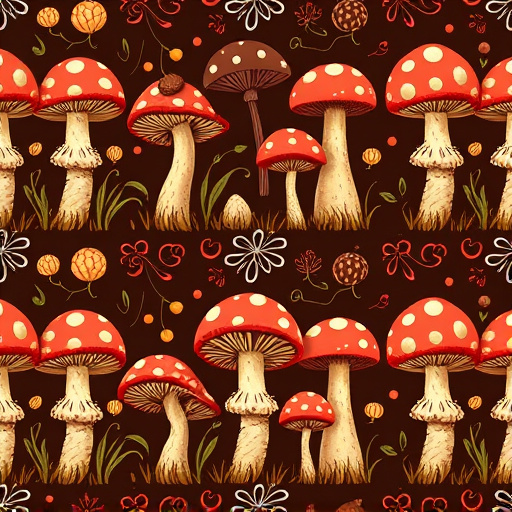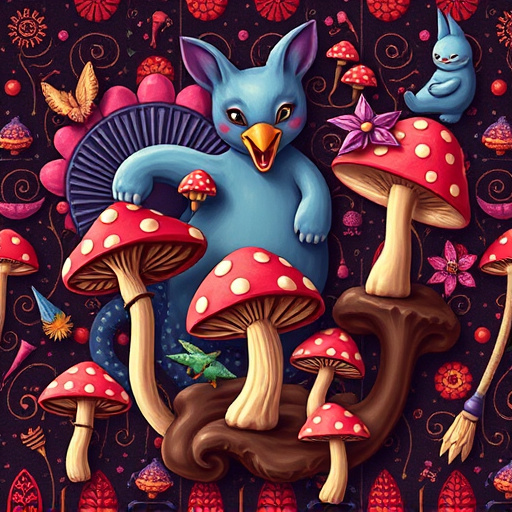"How Magic Mushroom Chocolates Affect the Mind" explores the psychotropic compounds psilocybin and psilocin, found in magic mushroom chocolates, which alter brain serotonin receptors. These compounds lead to spiritual experiences, boosted creativity, emotional processing, euphoria, and nature/other connections. Clinical trials show therapeutic potential for depression, anxiety, and PTSD. Individual responses vary, requiring expert supervision. Magic mushroom chocolates differ from conventional chocolate in their effects, offering unique sensory and therapeutic benefits.
“Uncover the enchanting world of Magic Mushroom Chocolates—a unique blend of psychedelic science and culinary delight. This review delves into the captivating journey of these confectionery treats, exploring their active compounds and mind-altering effects. We differentiate between psilocybin mushrooms and their chocolate enrobings, analyzing user experiences and real-life accounts. Furthermore, we dissect potential benefits, risks, and legal considerations, shedding light on the therapeutic potential of psilocybin chocolates while navigating their controversial landscape.”
- The Science Behind Magic Mushroom Chocolates
- – Examining the active compounds and their effects on the mind
- – Differentiating between psilocybin mushrooms and their chocolate counterparts
The Science Behind Magic Mushroom Chocolates
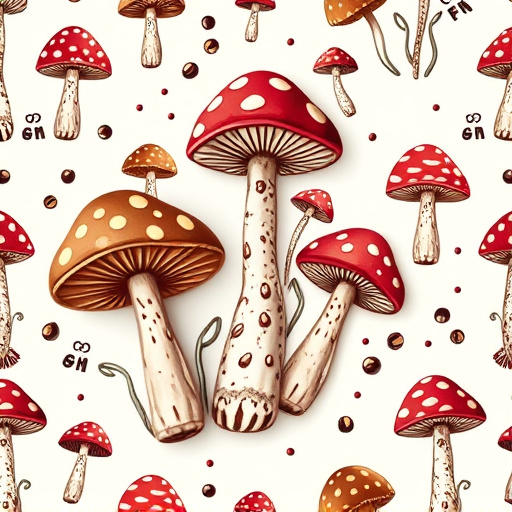
Magic mushroom chocolates, also known as psilocybin chocolate, contain compounds found in certain types of mushrooms that have been linked to altered states of consciousness and enhanced cognitive functions. The active ingredients, psilocybin and psilocin, are naturally occurring psychotropic substances that have been studied for their potential therapeutic benefits. When consumed, these compounds bind to serotonin receptors in the brain, leading to changes in perception, mood, and thought patterns.
Research suggests that how magic mushroom chocolates affect the mind can range from profound spiritual experiences to heightened creativity and emotional processing. Some users report feeling a sense of euphoria, increased connectivity with nature or others, and enhanced sensory experiences. Moreover, psilocybin has shown promise in clinical trials for treating conditions like depression, anxiety, and PTSD by facilitating deeper introspection, self-reflection, and personal growth.
– Examining the active compounds and their effects on the mind
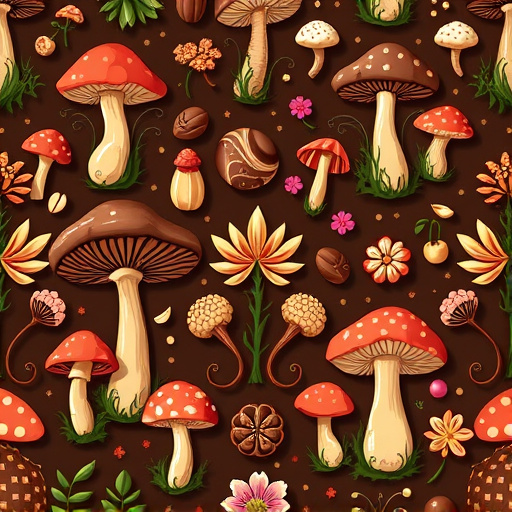
Magic mushroom chocolates, like any psychedelic product, contain active compounds that significantly impact the mind and perception. The primary psychoactive compounds in mushrooms are psilocybin and psilocin, which have been studied for their potential therapeutic benefits. Psilocybin is converted into psilocin in the body, binding to serotonin receptors, particularly 5-HT2A receptors, leading to altered states of consciousness and heightened sensory experiences.
These compounds can induce a range of effects, including enhanced creativity, spiritual insights, emotional processing, and even anxiety reduction. Research suggests that controlled, therapeutic settings where individuals consume magic mushroom chocolates under expert supervision can be beneficial for mental health conditions such as depression, PTSD, and addiction. However, it’s crucial to understand that these experiences are highly individual, and proper guidance is essential to ensure a safe and positive outcome.
– Differentiating between psilocybin mushrooms and their chocolate counterparts
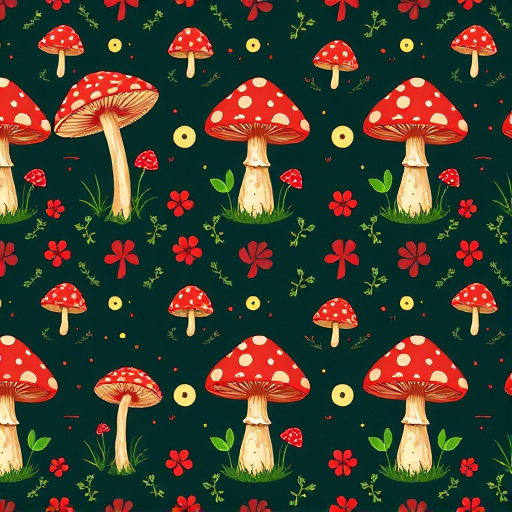
Psilocybin mushrooms and their chocolate counterparts, while both derived from the same fungi, offer distinct experiences due to their unique chemical compositions. Magic mushroom chocolates contain psilocybin, a compound that acts as a serotonine receptor agonist in the brain, leading to altered perceptions, increased creativity, and profound emotional insights. This is what makes them potent tools for therapeutic use, under controlled conditions, to treat depression, anxiety, and other mental health conditions.
In contrast, chocolate, typically enjoyed for its sweet taste and creamy texture, lacks psilocybin and offers a more conventional sensory experience. The effects of magic mushroom chocolates are internal and subjective, often described as mystical or transformative. Chocolate, on the other hand, stimulates the senses through flavor, aroma, and tactile pleasure, providing a more immediate and tangible satisfaction. When it comes to understanding how magic mushroom chocolates affect the mind, it’s crucial to recognize these differences in composition and intended experience.
Magic mushroom chocolates, while offering an intriguing blend of taste and potential therapeutic benefits, have unique effects on the mind compared to traditional edible psychedelics. The addition of chocolate enhances bioavailability and provides a more palatable experience, making them accessible for those exploring consciousness expansion or seeking mental wellness support. However, it’s crucial to approach these products with caution, understanding that their effects can vary greatly among individuals. Further research is needed to fully comprehend the long-term impacts and optimal dosage, ensuring consumers make informed decisions in this emerging market.
